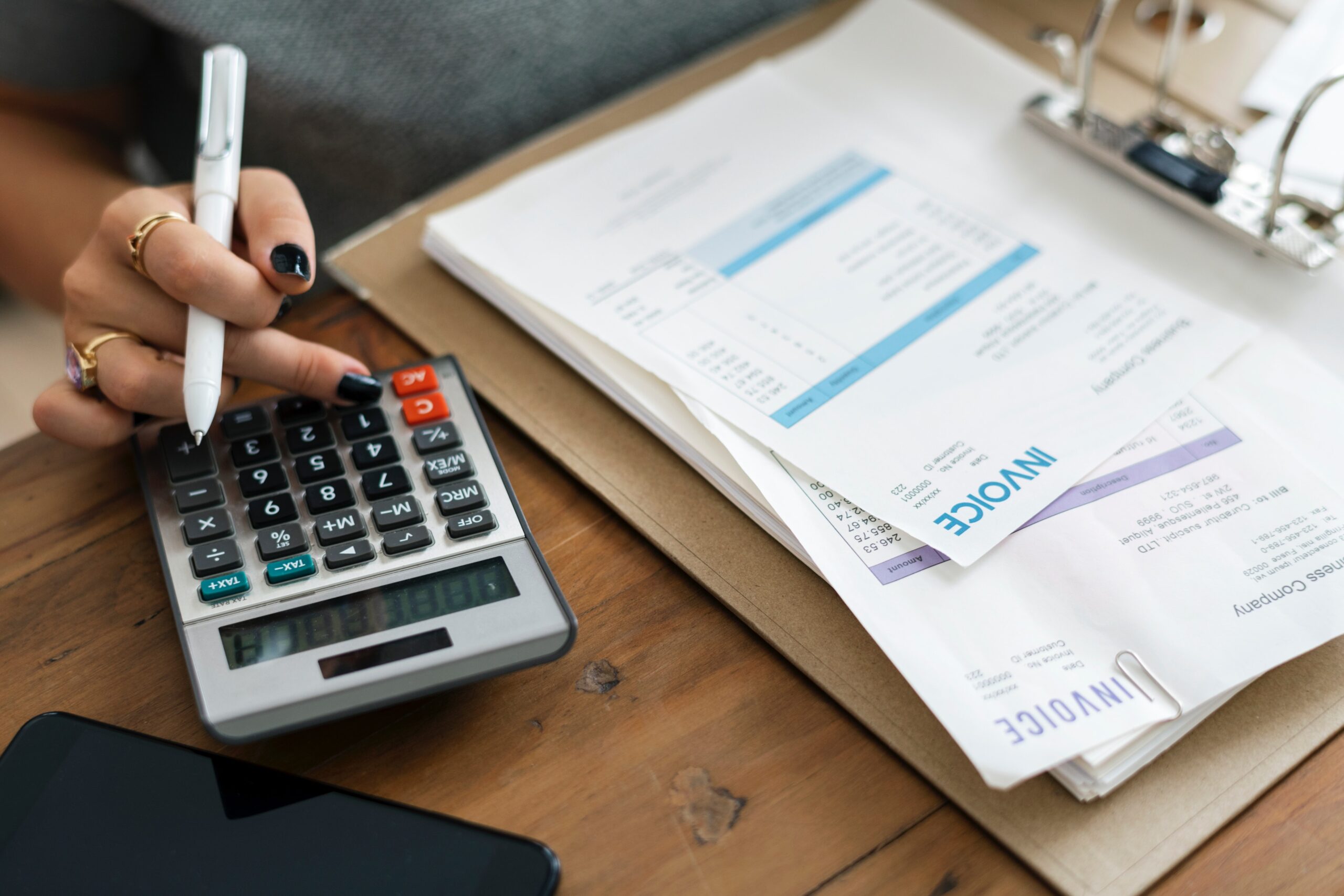What are the Rates of Invoice Factoring?

Factoring for accounts receivable is an economical alternative to conventional borrowing. It is critical that business owners fully know the economics of factoring, as well as the advantages, like with any financing arrangement.
#How much are factoring companies charging?
Almost all the factoring companies in New York charge an average cost of factoring which falls between 1% and 5%. These charges are also dependable on the factors listed below. In determining factoring rates, the volume of the invoice plays a major role. The greater monthly sums were equally equal to the lower fees. Many factoring firms give discounts on volume.
There are costs associated with invoice funding, just like every other kind of business lending service. Based on a variety of factors, factoring costs are determined:
- The number of monthly accounts receivable that you would like to assign
- The average size you want to recognize for each invoice
- Industry your company belongs to
- Your customers’ creditworthiness
- The amount of time it takes for your clients to make the payment
Typical Factoring Rates on Invoices
Fixed rates vs Variable rates
Using a variable fee system, factoring firms usually measure prices. With variable rates, as long as the invoice remains unpaid, they discount a small percentage (1 to 3 per cent) of the invoice. So, the longer your client takes to pay, the more fees you’ll be expected to be paid. During the first 30 days, a factoring firm would charge 2 per cent and 0.5 per cent for every 10 days that the invoice remains unpaid. Fees are also referred to as discount rates on invoices.
A flat fee arrangement is offered by several factoring firms where a one-time fee is paid up front. For a flat fee arrangement, no matter how long the invoice is available, the fee stays the same. In the transportation industry, this type of rate structure is popular. Either or both of these options may be appropriate, depending on your sector, which may help you manage your costs.
Fees for invoice factoring often depend on whether you select a program for recourse or non-recourse factoring. For the factoring firm, non-recourse factoring presents more risk, so the costs are substantially higher.
Advance Rates
You will usually earn a significant proportion of the payment upfront as the company factors invoices and the balance is kept in a reserve until the clients pay the invoice. Advance factoring rates differ by sector. Industries that are more risky and difficult to finance, such as pharmacy and building, can anticipate advance rates of between 60 per cent and 80 per cent. Advances may be anywhere from 80 per cent to over 90 per cent for general companies and recruitment companies. Usually, those in the transportation sector see the maximum advance rates, ranging from 92 per cent to 97 per cent. To get a better idea of what you can expect to pay for factoring services and factoring services, we recommend getting quotations from many factoring firms.